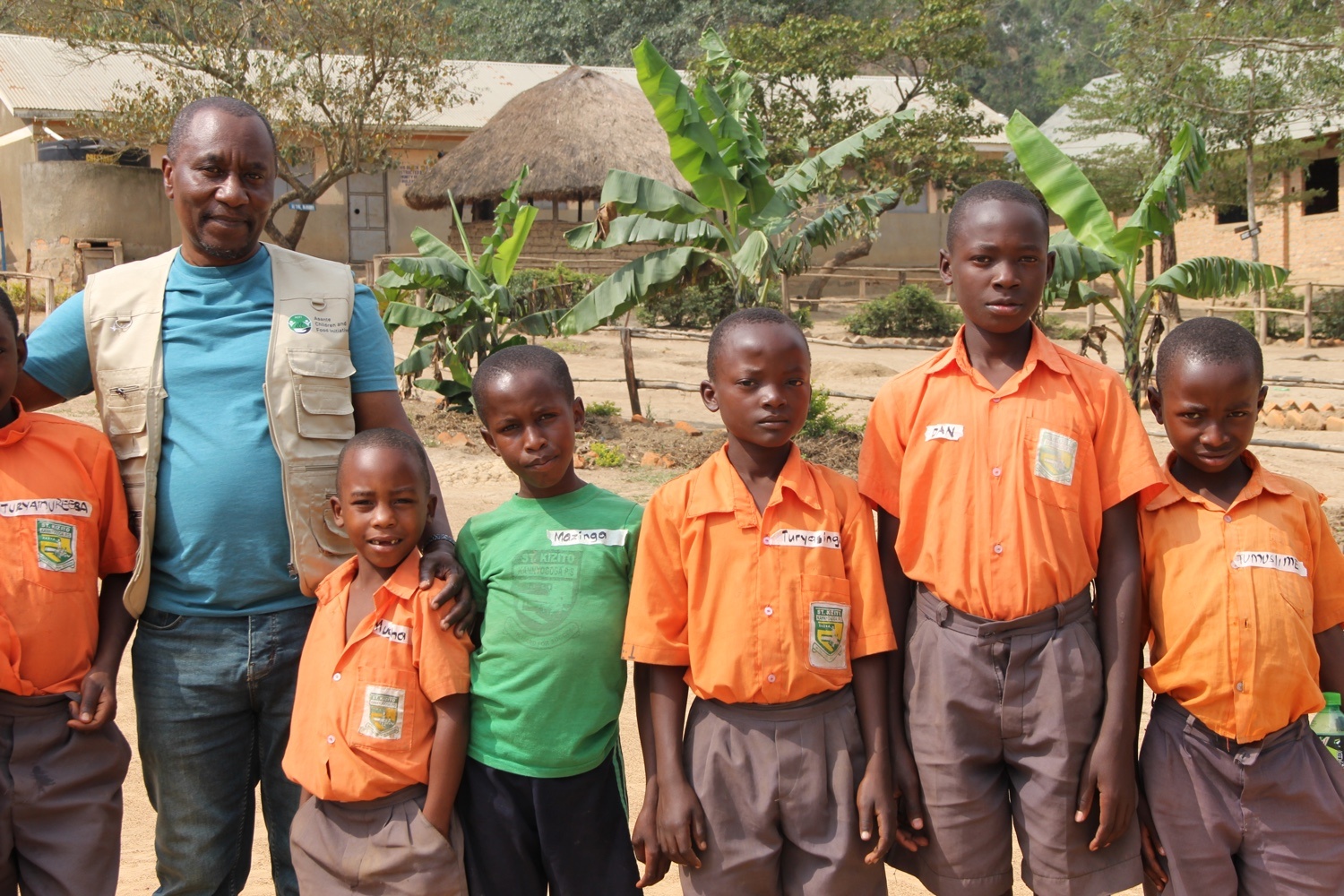When I recently visited St. Kizito Kanyogoga Primary School in Rakai District, I thought I had a fair understanding of the food challenges children face in rural Uganda. But what I saw and heard from the learners and their teachers shook me deeply.
During our rapid assessment on children’s nutrition, I asked some pupils about the meals they usually eat. Most of them could only name beans, posho, and matooke. For many, this was not just preference, it was all they had ever known and all that was consistently available to them. The absence of variety was startling, but what broke my heart most were the stories of what children carried to school as their daily meals.
Some carried only two pieces of cassava or a small lump of posho, expected to last them the entire day. Even more shocking, a few admitted that they sometimes took the same small portion back home in the evening to share with their siblings, fearing that their brothers or sisters might not have eaten anything all day.
As I listened, I could not help but feel both anger and sadness. Anger that in 2025, children are still enduring such silent suffering. Sadness because hunger is not just about empty stomachs, it is about dreams being cut short, lessons missed because of fatigue, and futures limited by malnutrition.
The data we collected paints the same grim picture: most children survive on just one or two meals a day, and six have already been diagnosed with malnutrition-related illnesses. Teachers confirmed that hunger is affecting attendance and learning outcomes, with many pupils struggling to concentrate in class.
These findings reaffirm why ACFI exists. Hunger in schools is a crisis that demands immediate attention. A school feeding program is not a privilege, it is a lifeline. It ensures that children stay in school, learn better, and grow into healthier, more productive citizens.
As I left St. Kizito that day, I carried more than notes and statistics, I carried the faces and voices of children who deserve better. At ACFI, we are more determined than ever to work with communities, partners, and supporters to respond to this urgent need. No child should have to choose between learning and hunger.
Together, we can make school a place of nourishment for both the mind and the body.
By Richard Kaggwa-Kalule
Executive Director – Asante Children and Food Initiative (ACFI)


